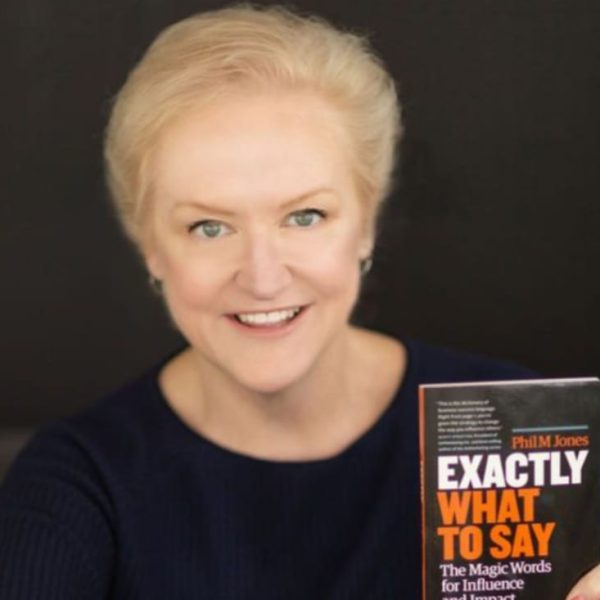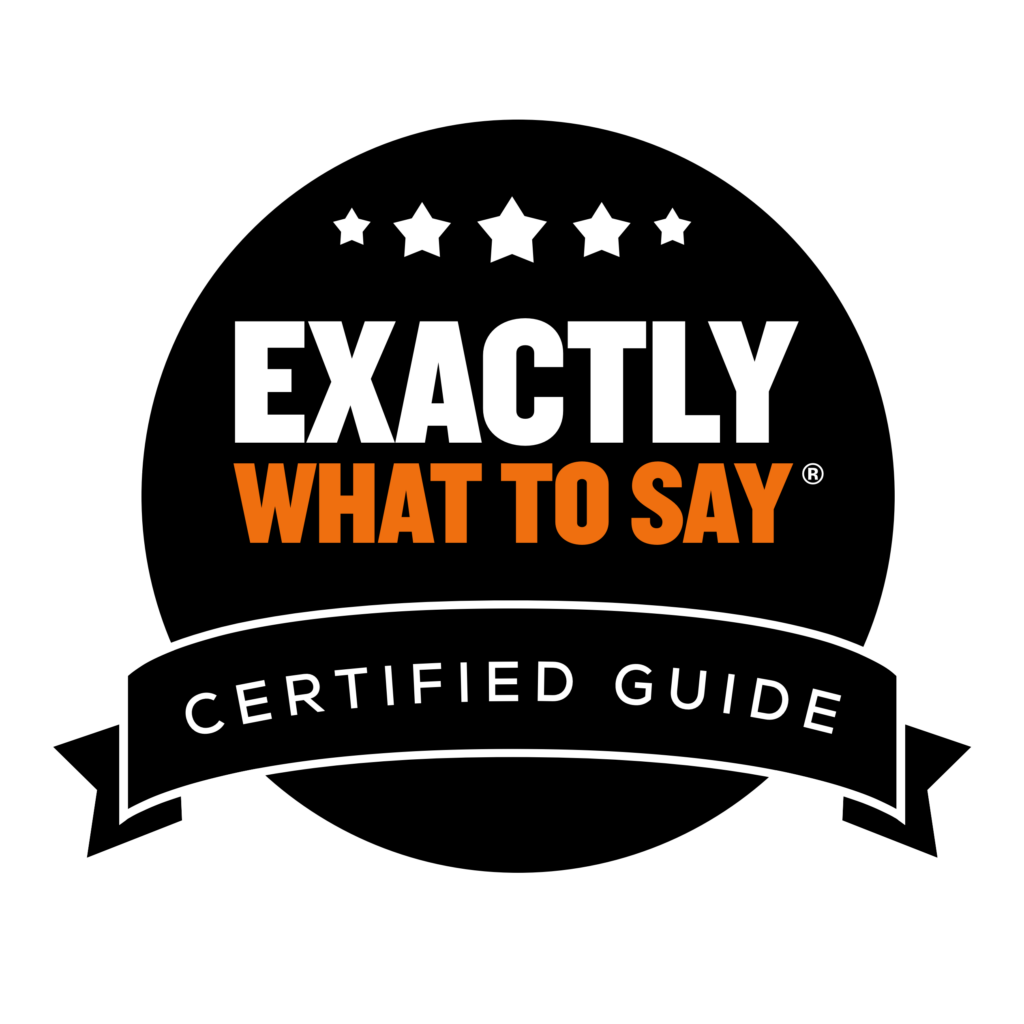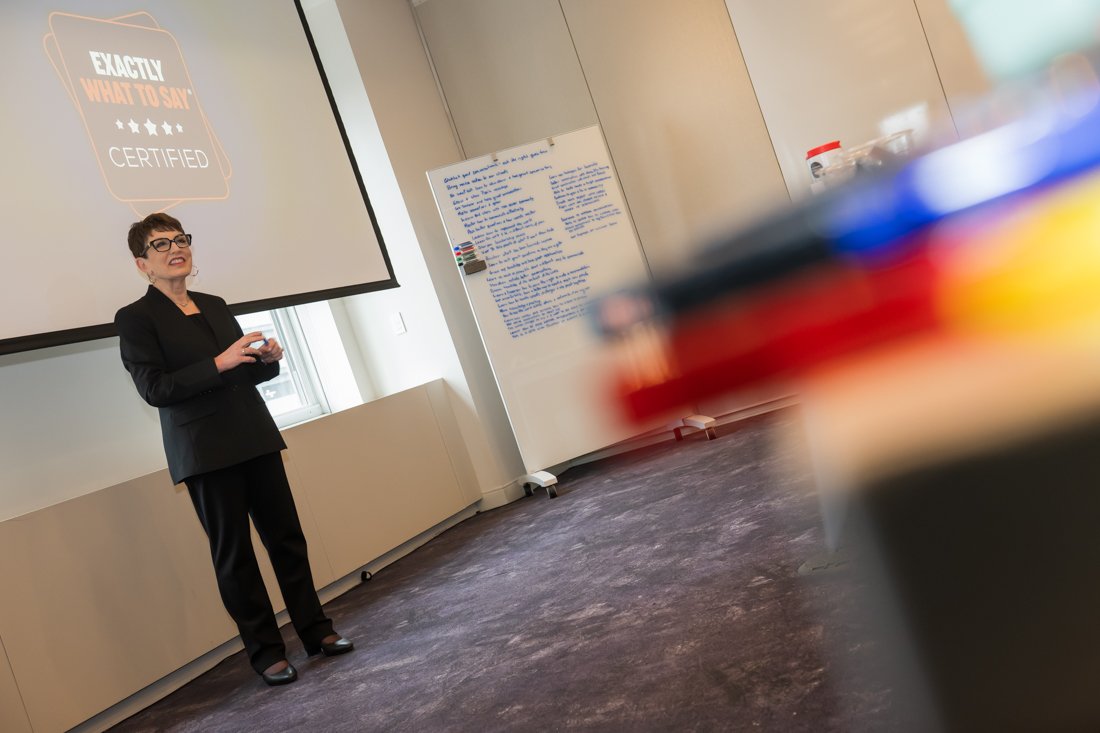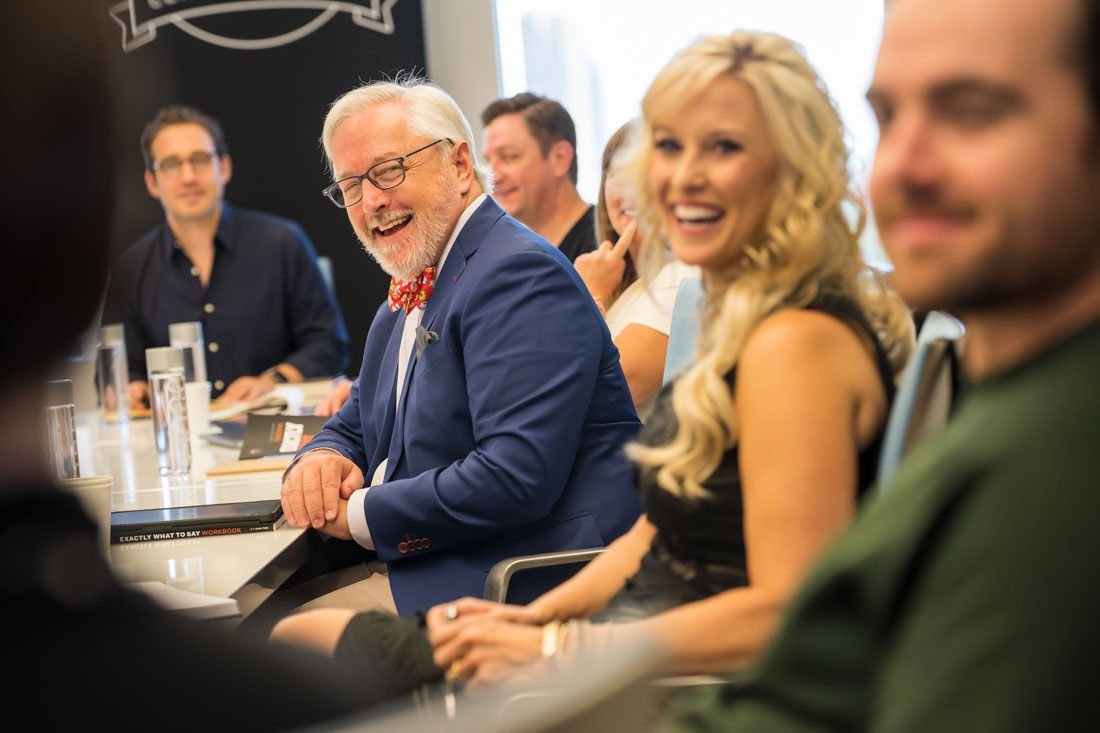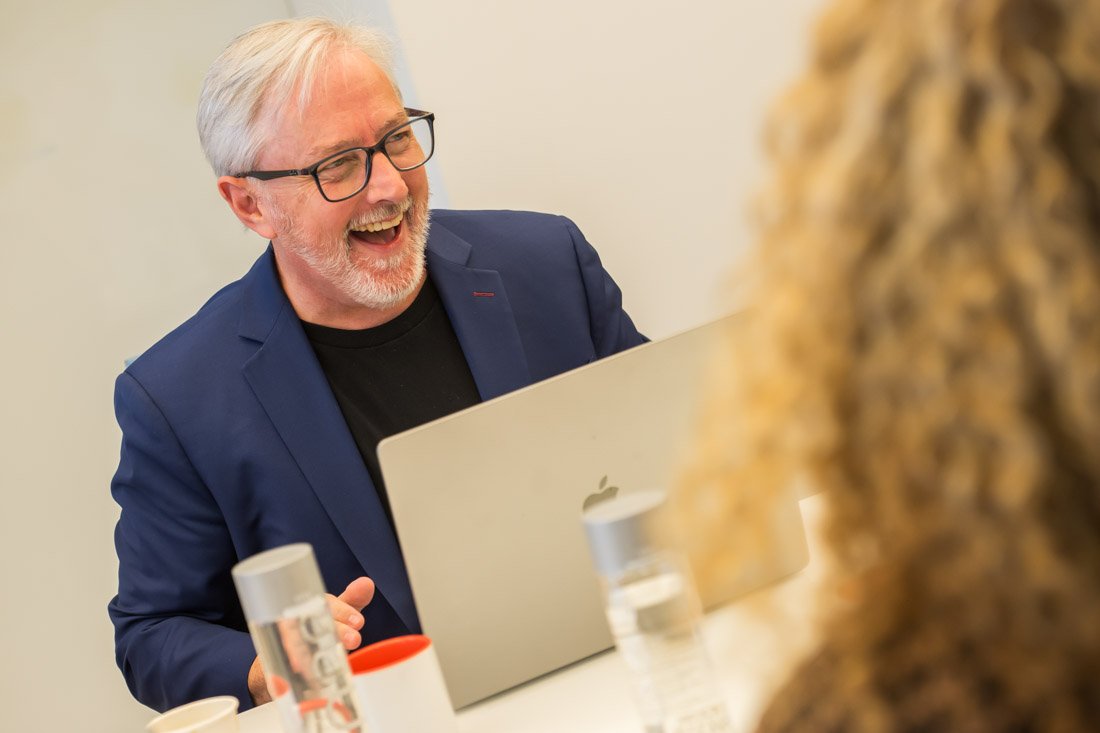One thing that the last few years have taught us is that consumers are looking for more value from the money they spend.
And it isn’t hard to see why.
Prices are at record highs, and day-to-day living post-Covid is far more expensive than pre-Covid. If consumers are going to spend their hard-earned money, then it better be worth it!
It doesn’t matter what sector you work in; whether you’re an attorney, a real estate agent, or a health professional, consumers want to make sure that they’re getting the best bang for their buck.
Have you found that your prospects are questioning the value of your product or services? Perhaps your fees are higher than the average, but do your customers understand why?
This blog will teach you how to share the value of your services so that you can build strong relationships with clients even if the services you provide are not the cheapest.
Value Proposition
Your value proposition is a simple statement that summarizes why a customer would choose your product or service.
This might sound simple, but how can you sell your services as good value if your prices appear high?
If a customer thinks you are worth the money and they need your services, then, chances are, they will choose you. But you can’t expect them to decide this without clear communication from you.
The discussions covered in this blog came from an EWTS Critical Conversations webinar that featured 3 of our EWTS Certified Guides, Robyn Burdett, Emily Hill, and Carlos Garcia.
What they have in common is that their services are not cheap, so they have to make sure they get the value proposition just right.
Together, they shared their advice on what you could do to ensure that you sell your services correctly.
How To Communicate Your Value To Clients
The first thing that you need to do is to figure out who your customers are and what they want.
Who are the people you want to serve, and what problem are you solving?
Next, you need to identify all the benefits of your product. How could your services help these people with their problems?
And lastly, discover a way to connect your value to your buyer’s problem.
Following this dance creates a relationship that is more than merely a transaction, and your prospect is more likely to see your worth.
Remember, there are so many people out there saying they can do the same thing as you – why should they choose you?
How can you differentiate yourself?
The Importance Of Value
No matter what industry you are in, your customers need to see the value.
Our Certified Guides come from a whole range of backgrounds, but what they have all found common ground in is that using the Exactly What to Say method has helped demonstrably.
Emily Hill is an Exactly What to Say Certified Guide. She currently works in the hearing healthcare industry, working with healthcare practice owners and their front office staff. Emily guides the front office staff to help develop a script and ideas on exactly what they should say to customers and patients further down the line.
Emily has found the ethos of EWTS to be an absolute lifeline in communicating within this sector. In the hearing healthcare industry, you are essentially selling something that no one wants, and this can be challenging. The product is more expensive than the customers think it should be, and the technology never works the way they had expected it to.
It is the epitome of a hard sell.
Carlos works in the financial industry focusing on banking and accounting. Carlos sees accountancy as a noble profession; these people are trusted to run the numbers and provide accurate data and information so that business owners can make the right decisions to run their businesses more efficiently.
Accounting professionals are faced with a lot of people needing to see and understand the value of the services they provide, and this is where Carlos comes in.
His role is to help them use value pricing and have value-based conversations so that they are in a better position to command higher prices.
Robyn works in real estate, and what she has found over the years is that more and more people are questioning the role of a realtor. In an age where you can buy everything online, why pay fees to someone who could be written off as expendable?
Each role is valuable but will be faced with objections from time to time – so how can you convey your value transparently to build a working relationship?
Where Do You Position Yourself Within Your Industry?
Positioning is vital no matter the industry you are in. Knowing who your ideal client is and how you can solve their problem is critical.
If you go into something trying to be everything to everyone, you become a commodity. Taking on this role makes you disposable.
Everything you do when it comes to catching your ideal client comes down to value. It is down to you to let people know your value proposition. Be as transparent as possible.
You have to articulate your value, and for this, you need to be able to have the all-important conversations about costs.
Examples Of Critical Conversations About Prices
In this next section, there will be examples of common objections that Robyn, Emily, and Carlos have experienced and how they have navigated them.
Many of the words used came from Phil M. Jones’s book Exactly What to Say, and all three Guides use them regularly because, bottom line, they’re relationship changers. They allow you to have conversations that could be awkward, but by using these magic words and phrases, they become easy and open.
Accounting Conversation
For context, imagine a small business customer is thinking about hiring an accountant to do a bookkeeping cleanup service and their monthly books. They are shopping around and notice that there are online bookkeeping services for cheaper.
The objection is: Why should I choose you over (competitor) when they are cheaper?
Below are questions that you could ask to overcome this objection.
- What is your experience in working with an accounting firm?
- What service is the firm providing for you?
- When looking at your experience with this firm, were there issues you felt needed to be addressed?
- How important is it to you to have this problem fixed, 1 being not that urgent and 10 being very urgent?
- How would you feel if you chose a more affordable competitor, but they still couldn’t solve the problem based on your needs?
- Because you said…then I would recommend…
Real Estate Conversation
For context, imagine an individual is thinking about buying a home. They have been researching listings on the internet for months and feel they have good knowledge of the market.
The objection is: Why do I need an agent to buy a home when everything is online?
Below are questions that you could ask to overcome this objection.
- Curious, you mentioned you have been looking online. How else have you been searching for homes?
- Could it be possible that there might be other opportunities available to you that are not coming up in your search?
- When was the last time you found a home that you really liked and made an offer on it?
- What is your knowledge of the home purchasing process?
- I’m not sure it’s right for you, but would you be open-minded to us sitting down and learning about the home-buying process?

Hearing Aid Conversation
For context, imagine an individual is thinking about getting hearing aids. They are not a current patient of your practice, and they noticed they sell them presumably cheaper at Costco and Walmart and are curious about why they should consider you instead of the over-the-counter option.
The objection is: Why should I purchase hearing aids from you versus getting them cheaper over the counter (at a competitor)?
Below are questions that you could ask to overcome this objection.
- When was the last time you had your hearing evaluated?
- I’m curious. Why are you thinking about hearing aids at this time?
- On a scale of 1-10, with 10 being very important, how important is it to you that you have your hearing problems fixed
- What is your knowledge about the different types of services and hearing aids available to you?
- Most people in your situation are concerned about the next steps. Good news, you called the right place to get the real facts about your hearing. Let’s talk about how to move forward
Do some of these objections sound similar?
What questions could you use to help navigate your own Critical Conversations about value?
All of these scenarios, no matter the objection, follow similar rules of engagement, which are to stay curious and build up a connection.
Each Guide has built their own Question Tree to discover exactly what the customer needs before jumping and saying A plus B equals C.
The types of questions can be used to counter any objection so it’s important to practise them and think about the key moments that you are likely to use them. Preparing in this way will prevent you from jumping around and feeling lost. You’ll be ready and know what your go-to magic words are to stay in control of the conversation.
If you want your customers to understand your value, then stay curious and do the work before the work, and make sure that you master asking questions that you create on your unique Question Tree.
This blog is part of the EWTS Critical Conversations webinar series. This one featured 3 Certified Guides and was an interaction space that included roleplay scenarios of real-life common objections that our Guides regularly encounter. To see more of our webinars click here…

